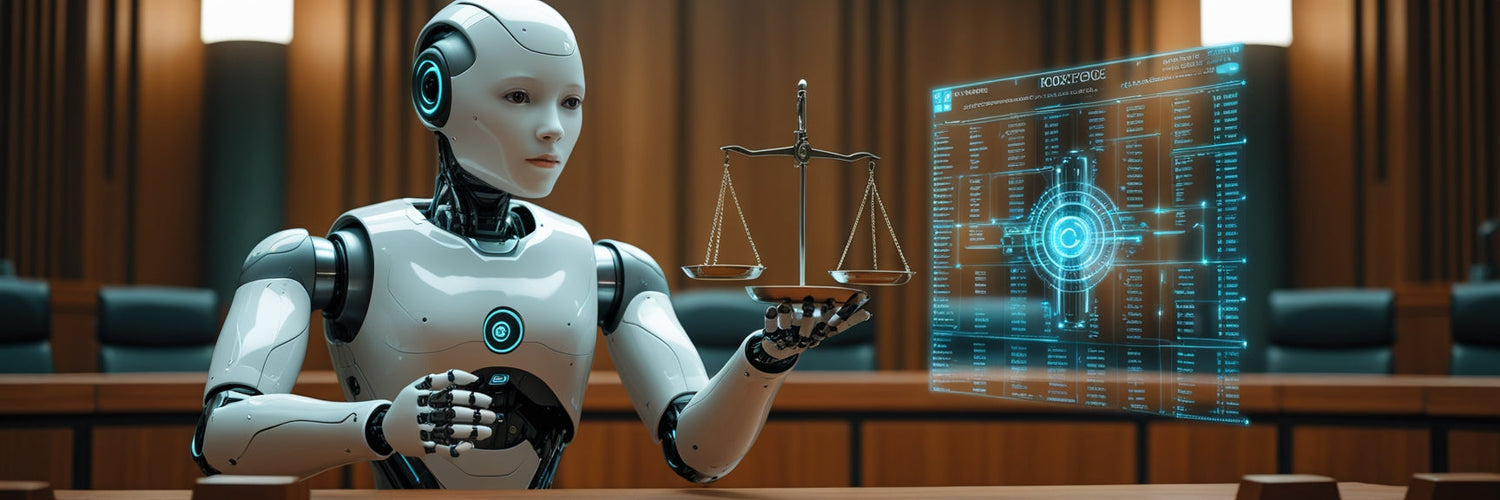The Challenge of Morality in AI
As automation and artificial intelligence become increasingly integrated into everyday life, ethical concerns arise over whether machines can—or should—make moral choices. From self-driving cars making split-second decisions to AI-driven hiring systems determining job eligibility, the ability of technology to navigate moral dilemmas raises profound questions about responsibility, bias, and the nature of ethical reasoning.
Utilitarianism and AI: John Stuart Mill’s Perspective
John Stuart Mill’s utilitarianism provides one framework for evaluating the ethics of automation. According to Mill, the moral worth of an action is determined by its consequences—specifically, whether it maximizes overall happiness and minimizes suffering. In theory, AI systems could be designed to follow utilitarian principles, making decisions based on calculations of the greatest good for the greatest number.
However, applying utilitarianism to AI presents challenges. Self-driving cars, for instance, might be programmed to minimize casualties in an accident, but how should they prioritize lives? Should they protect the driver at all costs, or should they sacrifice one passenger to save multiple pedestrians? These are ethical decisions that humans struggle with, yet automation requires concrete programming rules, forcing engineers to encode moral choices into software.
The Limits of AI Moral Reasoning
Even with advanced algorithms, AI lacks the human capacity for moral intuition, empathy, and contextual understanding. Ethical reasoning is often situational, requiring flexibility that rigid decision trees or probability-based models struggle to achieve. Additionally, biases in training data or programming can lead to decisions that reinforce discrimination or unjust social hierarchies.
For example, AI-driven hiring systems designed to maximize efficiency have been found to favor certain demographic groups over others, reflecting biases in historical data. If machines operate purely on utilitarian logic, they risk prioritizing outcomes that optimize efficiency but ignore ethical complexities such as fairness, rights, and individual dignity.
Responsibility and Accountability
One of the most pressing ethical concerns with automation is accountability. When an AI-driven system makes a harmful decision—whether in healthcare, policing, or finance—who is responsible? Unlike human decision-makers, machines lack moral agency and cannot be held ethically accountable. Instead, responsibility shifts to programmers, corporations, and policymakers, raising questions about legal and ethical liability.
Balancing Automation with Ethical Oversight
While AI cannot yet make truly moral decisions, safeguards can be implemented to ensure ethical oversight. Transparency in AI decision-making, continuous human oversight, and ethical programming guidelines can help mitigate potential harms. Ethical frameworks, such as a combination of utilitarian reasoning and deontological principles (which prioritize duties and rights), may help bridge the gap between efficiency and fairness.
The Future of AI Ethics
As AI technology continues to evolve, so too must our understanding of how machines engage with ethical reasoning. Rather than expecting AI to develop human-like moral judgment, a more pragmatic approach involves designing systems that align with human values while maintaining oversight and accountability. The debate over AI and ethics is not just about what machines can do, but about what societies should allow them to decide.






















































